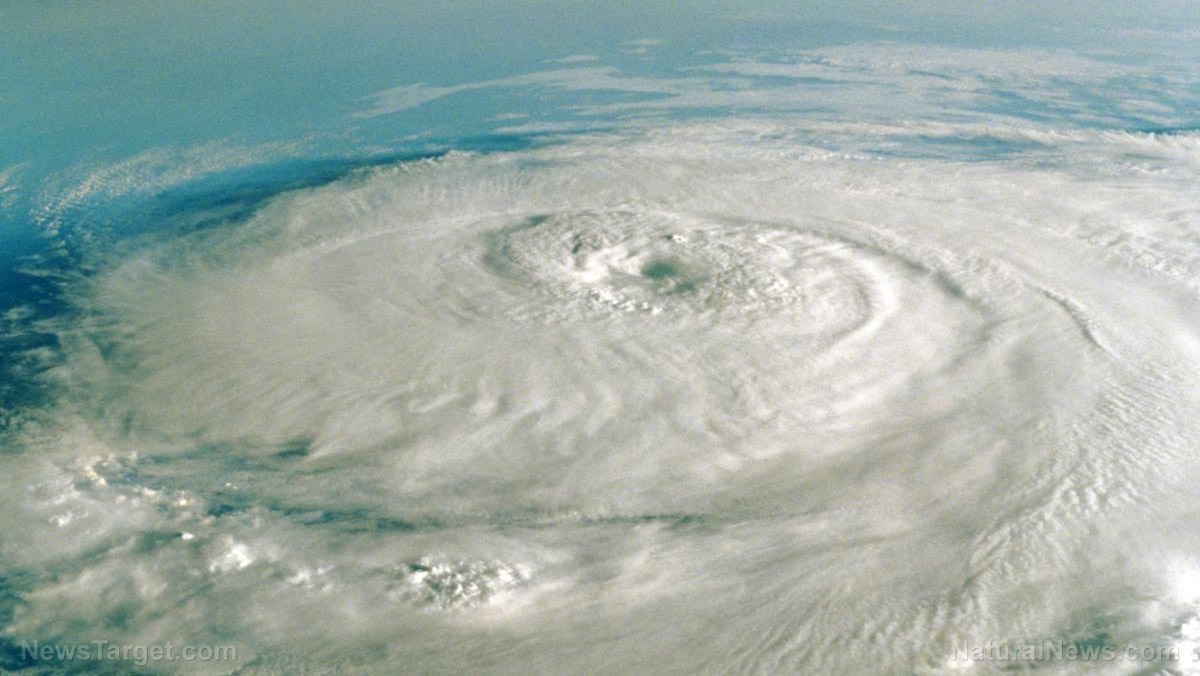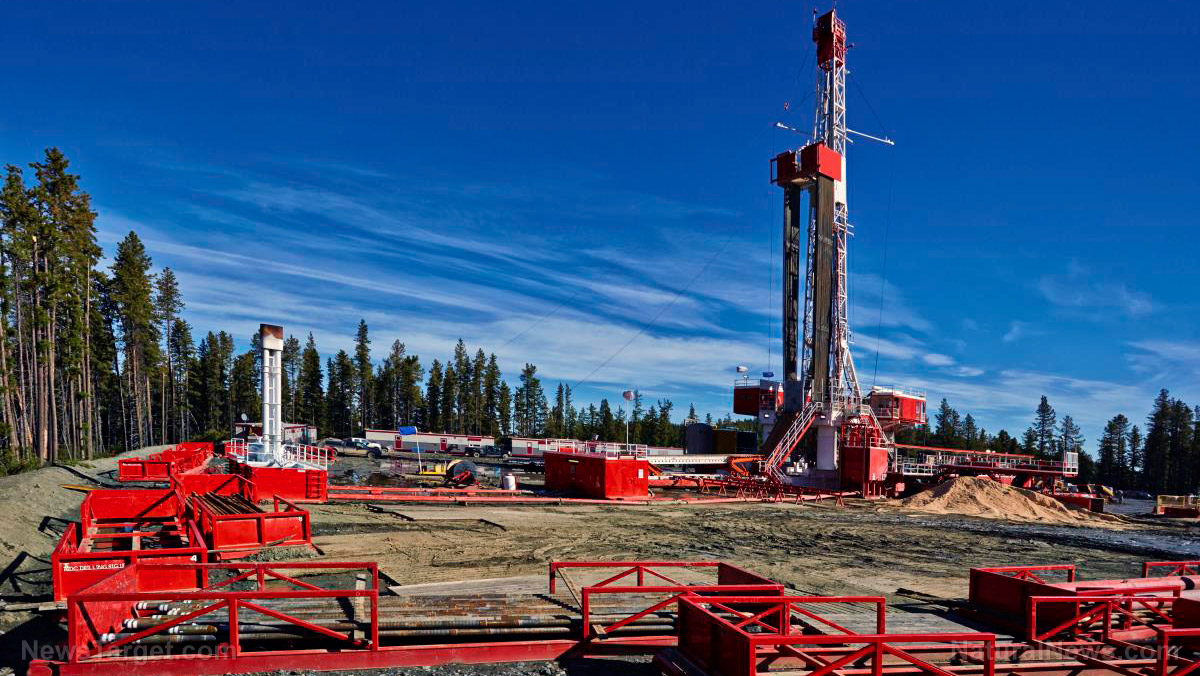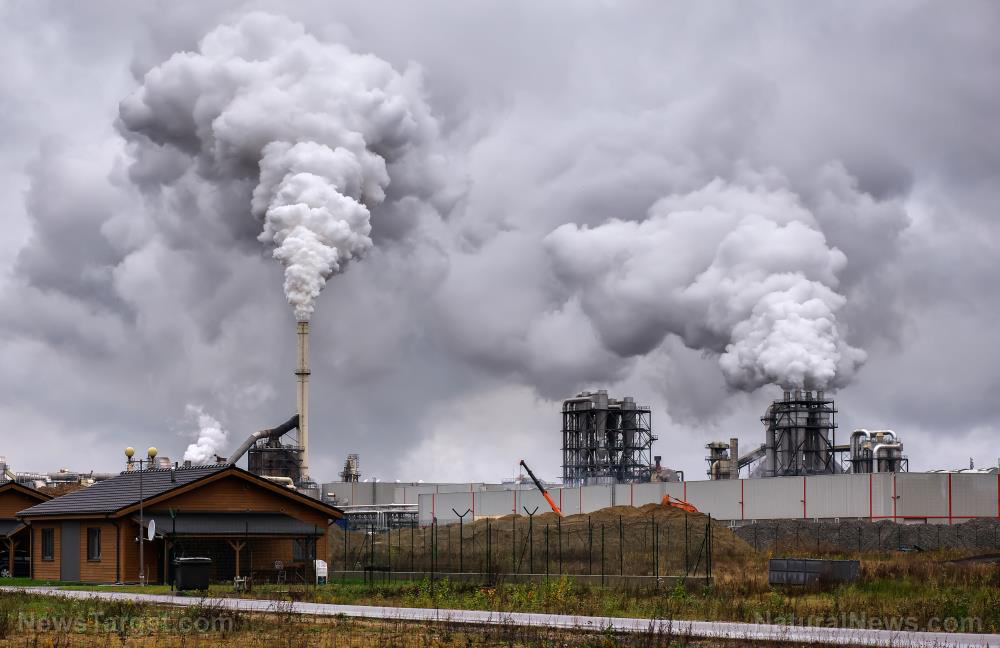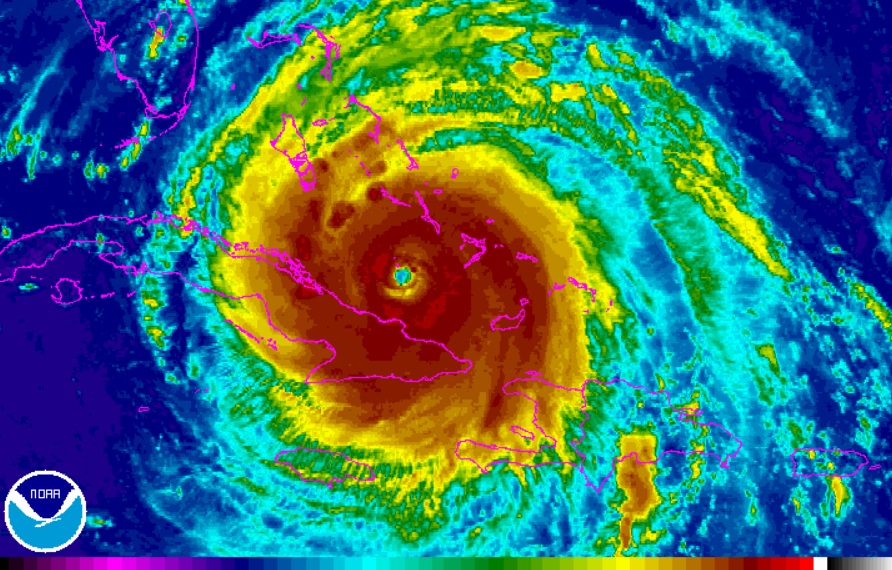Study confirms that man-made climate change is completely fake (so much for consensus…)
07/22/2019 / By Ethan Huff

Just how much of a threat to the subsistence of our planet is man-made climate change, according to the latest scientific data? It’s not actually a threat at all, it turns out, because man-made climate change doesn’t exist.
This is the conclusion of a new study out of Finland, in which researchers from the University of Turku determined that the contribution of humans to global temperature increases over the past century is negligible, at best.
While planetary temperatures are said to have risen by about 0.1 degrees Celsius over the past 100 years, human activity contributed only about 0.01 degrees Celsius of this, or about 10 percent.
Entitled, “No experimental evidence for the significant anthropogenic climate change,” the paper reiterates that global temperature fluctuations are primarily influenced by things like cloud cover that have absolutely nothing to do with humans eating meat, driving cars, or raising livestock that fart.
“Only a small part,” write authors Jyrki Kauppinen and Pekka Malmi, the study’s two primary authors, of rising carbon dioxide (CO2) levels is anthropogenic – which means that all of the fear-mongering by leftists about humans supposedly “destroying the planet” is nothing but fake news.
These conclusions directly contradict the official positions of the United Nations’ Intergovernmental Panel on Climate Change (IPCC), which insists that human activity is the primary contributor to fluctuating climate conditions around the world.
“While the methods and results of the study can be debated, this once again illustrates how there is no overwhelming consensus on man-made global warming as the media often claims,” writes Paul Joseph Watson for Infowars.

“In reality, there are dozens of prominent scientists who believe that climate change is driven by natural forces or that the United Nations’ climate projections are unreliable,” he adds.
For more related news, be sure to check out ClimateScienceNews.com.
No, the science is NOT settled on climate change
These latest findings certainly challenge the erroneous notion that the “science is settled” on climate change, or that a “consensus” has somehow been reach on the matter.
In truth, there’s never been a scientific consensus on climate change because even the climate community itself can’t say for sure what specifically, if anything, humans are doing to most severely impact our planet’s weather patterns.
What climate fanatics routinely ignore are natural phenomena like volcanoes and coronal mass ejections (CMEs) that “warm” the planet far more than cattle and driving combustion engine vehicles.
This isn’t to say that humans shouldn’t try to better innovate in order to minimize the negative impact we all have on our collective home. But what we don’t need is governments spreading pseudoscientific fear and hysteria about the need for things like carbon credits, the Paris Climate Accord, and other money-grabbing scams that are intended purely to create a system of global governance, and that have nothing to do with conserving and protecting the globe itself.
“The sun dictates climate change on earth,” writes one Infowars commenter, illustrating the fact that humans have a negligible, at best, impact on earth’s climate patterns.
“Anyone can check the ice core data from the poles for the last 10,000 years. Best evidence. All of humanity can throw trillions of dollars at climate change and the sun will continue doing its thing. We are alive at the mercy of the sun, comets, and the environment in the solar system that encompasses us. Spending money won’t change anything.”
To keep up with the latest climate madness coming from the left, be sure to check out Climate.news.
You can also learn more about the deep state’s plan to use climate change as a catalyst to force everyone into tightly-packed surveillance cities at Agenda21.news.
Sources for this article include:
Submit a correction >>
Tagged Under:
Agenda 21, carbon dioxide, Climate, climate change, climate science, CO2, deception, environ, global warming, hoax, human impact, Hysteria, man-made, science clowns, skeptics
This article may contain statements that reflect the opinion of the author





















